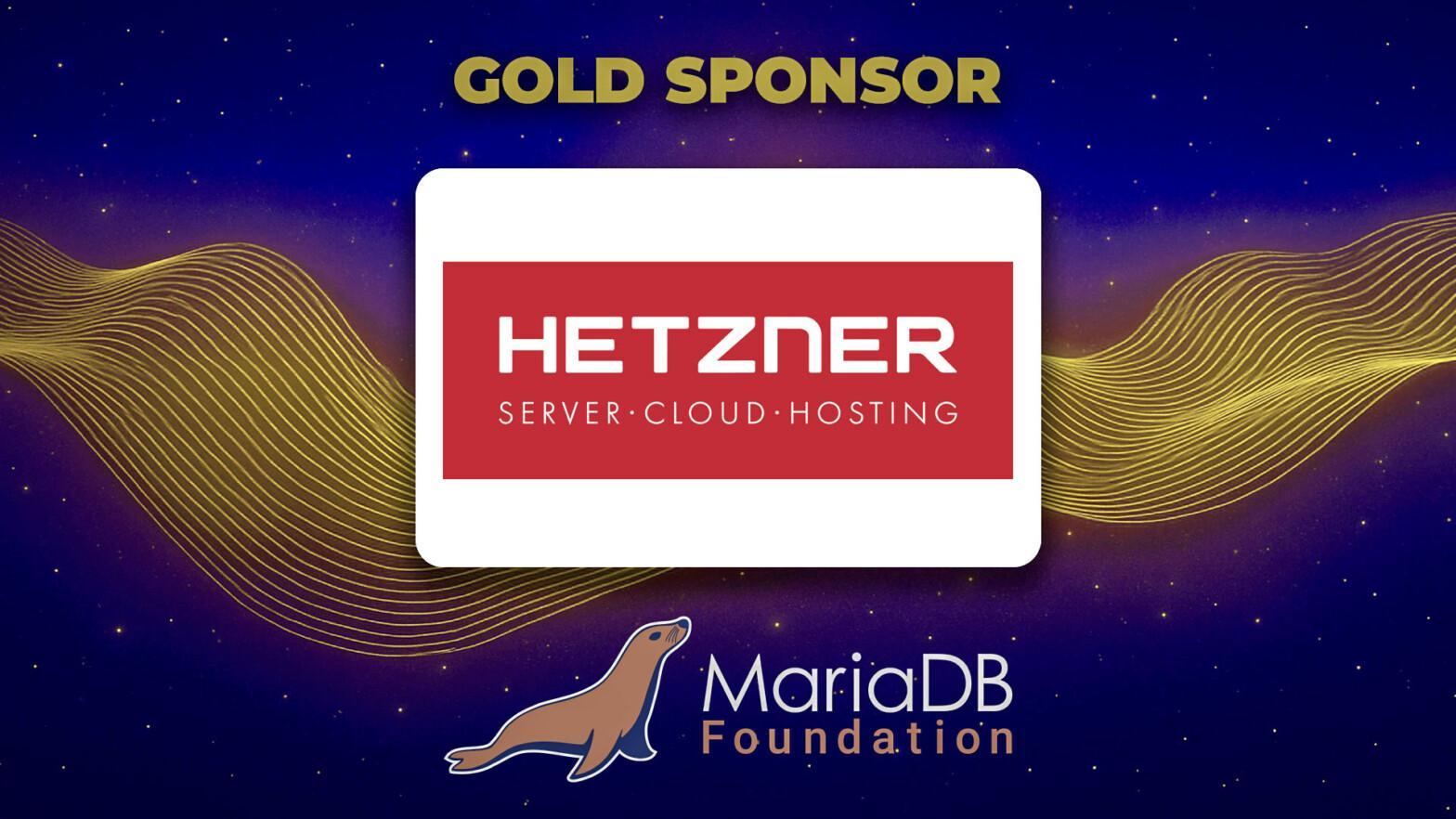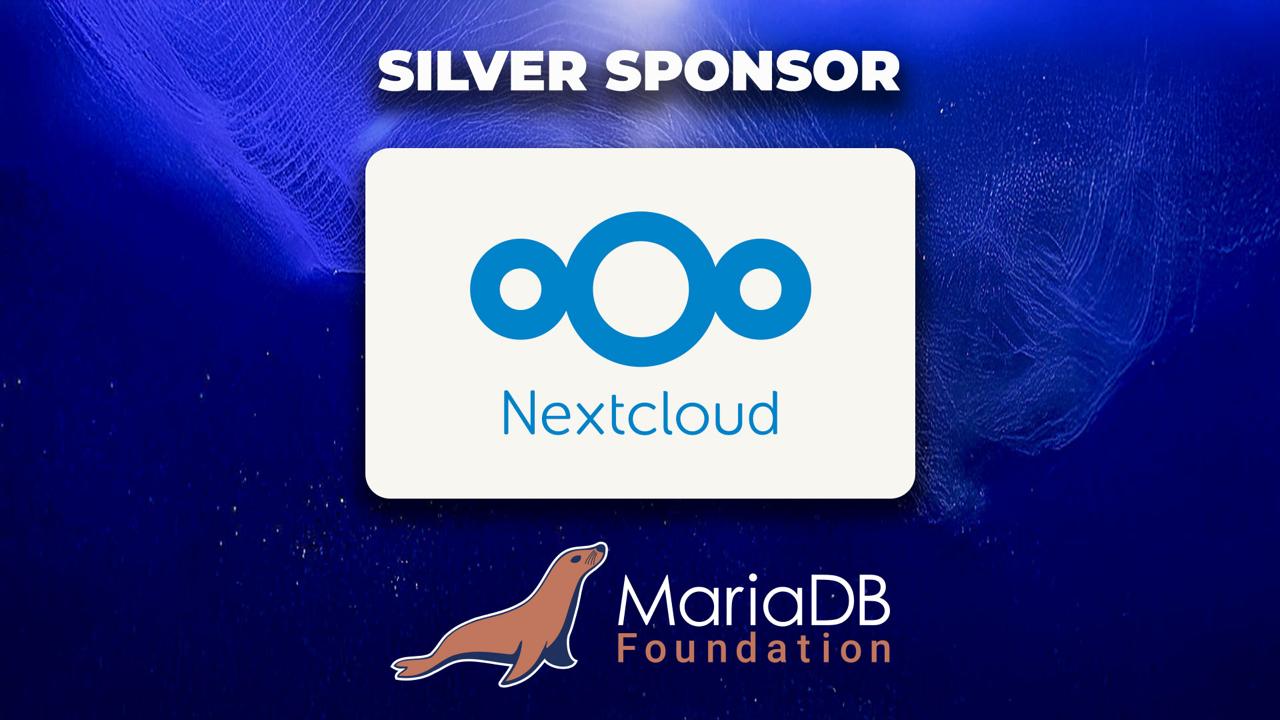The Ford–Cadillac Parable
In 1902, Henry Ford’s second car company was taken over by investors and renamed Cadillac. The designs were his. The engineering was his. But the brand? That now belonged to someone else.
So Ford walked away and started fresh.
Years later, even as Ford cars became wildly successful, people kept asking:
“Are you the guy who builds Cadillacs?”
To which he had to answer—over and over again:
“No. I’m not building Cadillacs anymore.”
It took years before the public truly grasped the difference.
…
We are thrilled to announce that Rumahweb, one of Indonesia’s most trusted and long-standing web hosting providers, has joined the MariaDB Foundation as a Silver Sponsor.
Founded in 2002, Rumahweb has built a reputation for reliability, innovation, and a strong commitment to customer support. With a wide range of offerings — including shared hosting, VPS, cloud hosting, and domain services — Rumahweb empowers individuals, SMEs, and large enterprises alike to succeed in the digital space. Backed by 24/7 professional technical assistance, they have become a pillar of Indonesia’s internet infrastructure.
…
Continue reading “MariaDB Foundation Welcomes Rumahweb as a Silver Sponsor”
For historical reasons, the handling of FOREIGN KEY constraints in MariaDB Server is somewhat peculiar. Unlike CHECK constraints, which are being enforced at the query execution layer for all tables, FOREIGN KEY constraint definitions will simply be ignored unless the underlying storage engine supports them.
The storage engine is not only responsible for enforcing referential integrity between tables, but also storing the constraint definitions. Currently, InnoDB is the only storage engine that supports foreign key constraints, between persistent, non-partitioned tables.
Partitioning is implemented by a storage engine wrapper that makes each partition or subpartition appear as a separate table in the underlying storage engine.
…
Continue reading “Per-table unique FOREIGN KEY constraint names – new feature in MariaDB 12.1”
At some point, nearly every developer encounters a common challenge: working with deeply nested JSON only to run into an arbitrary depth limit imposed by the database. In our case, that hard cap was set at 32 levels — sufficient for many scenarios but too restrictive for more complex or dynamic data structures. To address this, we decided to remove the limitation entirely.
The database now supports JSON documents and JSON paths with virtually unlimited nesting! This change unlocks the ability to work with more flexible and expressive data models without forcing developers to restructure or flatten their data.
…
Continue reading “Make JSON DEPTH unlimited – new feature in MariaDB 12.1”
One of the standout features of Oracle PL/SQL is the associative array — a versatile and efficient in-memory data structure that developers rely on for fast temporary lookups, streamlined batch processing, and dynamic report generation.
With the MariaDB 12.1 preview release, we’re excited to announce that associative arrays have landed in MariaDB as part of our growing set of Oracle compatibility features. This milestone, tracked under MDEV-34319, brings Oracle-style associative arrays into the MariaDB procedural language — complete with native type declarations, variable construction, and method support.
Let’s explore what’s included, what’s different, and how this feature was implemented from the ground up.
…
Continue reading “Bringing Oracle’s Associative Arrays to MariaDB”
We are delighted to welcome Hetzner as a Gold Sponsor of the MariaDB Foundation!
Hetzner’s exceptional commitment to supporting our infrastructure has a direct and strategic impact on our operations. In particular, their sponsorship enables us to maintain and expand our Buildbot system — the backbone of testing and verifying MariaDB Server across platforms, architectures, and configurations. You can explore it live here: https://mariadb.org/mariadb-buildbot.
Building MariaDB, Bit by Bit
Buildbot is essential to the MariaDB Foundation’s mission.
…
We are proud to welcome Nextcloud GmbH to the MariaDB Foundation sponsor family as a Silver Sponsor. As the world’s most popular privacy-focused platform for secure file sharing, collaboration, and communication, Nextcloud stands as a pillar of digital sovereignty — a value that resonates deeply with MariaDB Foundation’s mission.
Built in Europe, trusted worldwide, Nextcloud is a champion of user-controlled data. By supporting MariaDB Foundation, Nextcloud affirms its commitment to a fully open, auditable, and sovereign technology stack—empowering users, businesses, and governments to stay in control of their data and avoid vendor lock-in.
…
We are pleased to announce the availability of a preview of the MariaDB 12.1 series. MariaDB 12.1 will be a rolling release.
MariaDB 12.1 introduces numerous new features, in particular
Performance improvements
- Segmented key cache for Aria (MDEV-24)
- MDL scalability improvements (MDEV-19749)
- Parallel replication for galera replicas (MDEV-20065)
- Buffered logging for audit plugin (MDEV-34680)
- Faster vector distance calculations via extrapolation (MDEV-36205)
Compatibility features
- caching_sha2_password plugin (MDEV-9804)
- ( + ) for outer join syntax (MDEV-13817)
- rpl_semi_sync_master_wait_for_slave_count (MDEV-18983)
- Associative arrays: DECLARE TYPE ..
…



